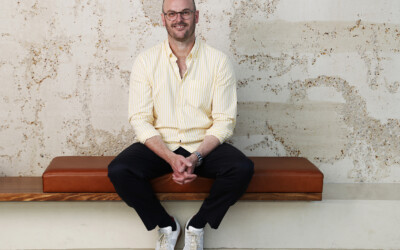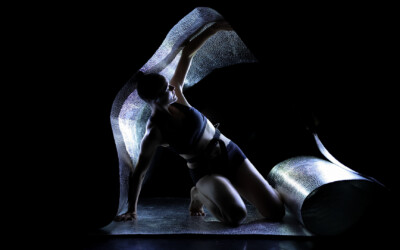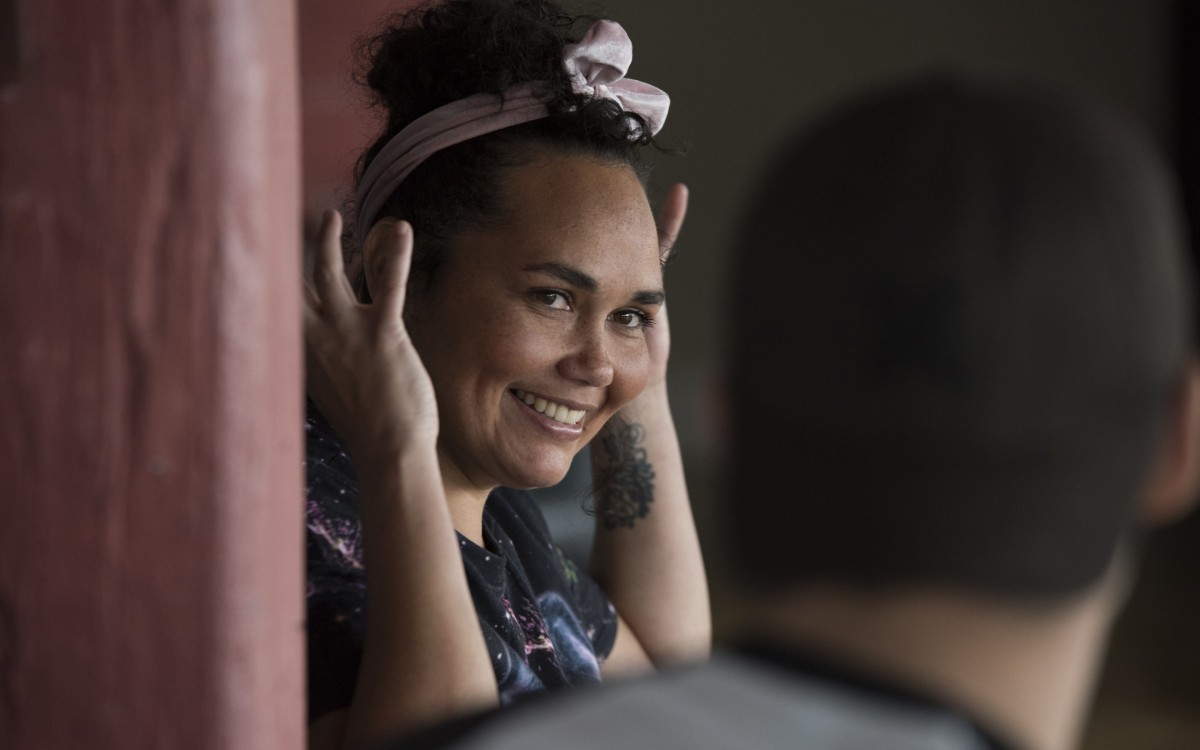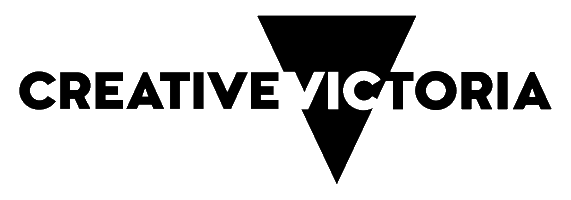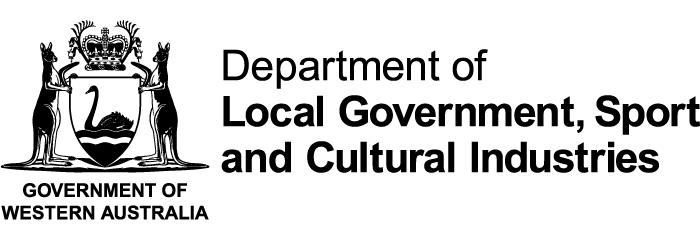Could you predict if they’d say they loved you or not?
No! The first four rounds I got a lot more “I never loved you.” My ego was a little hurt. I was like, “Jesus, this is rough.”
Were you surprised by how many men helped themselves to the food and didn’t bother handing you a carton?
Yeah, that was a big one. And there was only one guy who cleaned up [the mess after she spills the noodles]. He was a young, black queer kid early on, who was unbelievable — we were dancing. He was so fun and giving and playful. And then he cleaned up the food.
One man was especially intense, and at the end he threw the bill at your face.
Yep, and he said, “You’re weak.” He was acting to me, he was being a character, a New York actor. The energy was real, but he was coming in strong with that character of his — he wasn’t allowing me to access him. I turned [the music] off and kind of faced him, we were like animals. I just stood there because I wanted him to know he was in my [expletive] space. I was like, “Do you want to hit me? Is that what you’re going to try to do?” I was like, “I dare you to, I hope you do.” It was tense. I was slightly disappointed in myself that I didn’t handle it differently. I didn’t know what else I could have done.
Read the full interview
